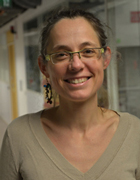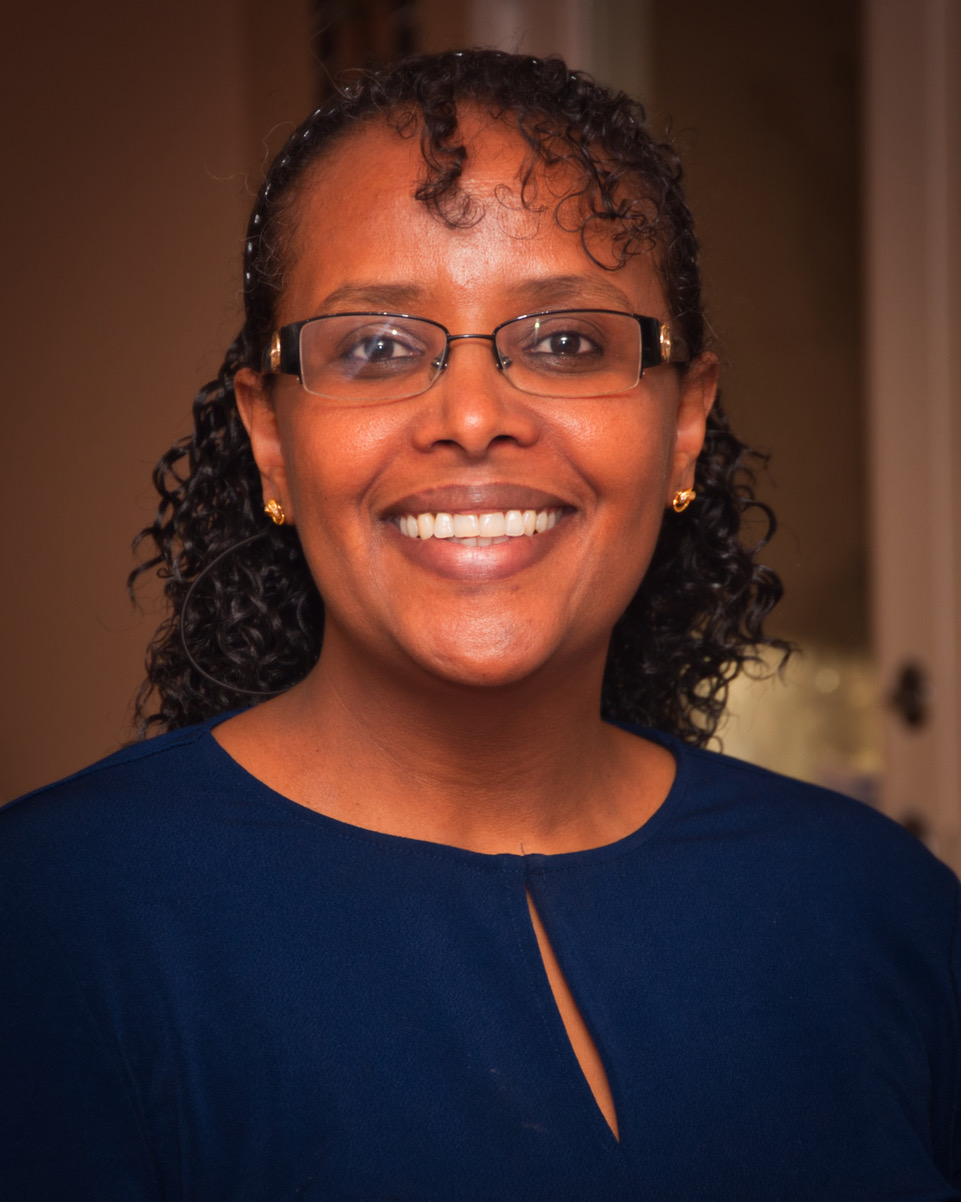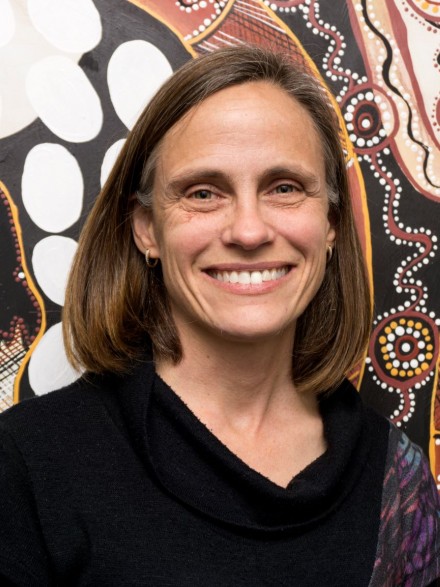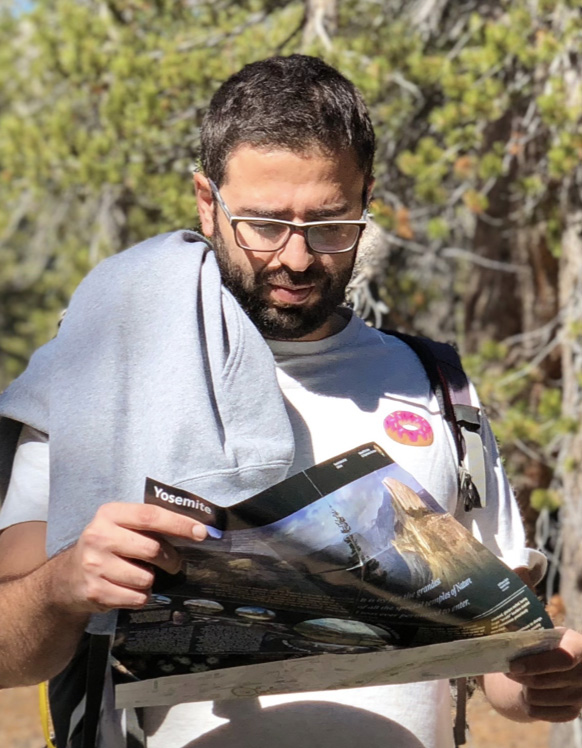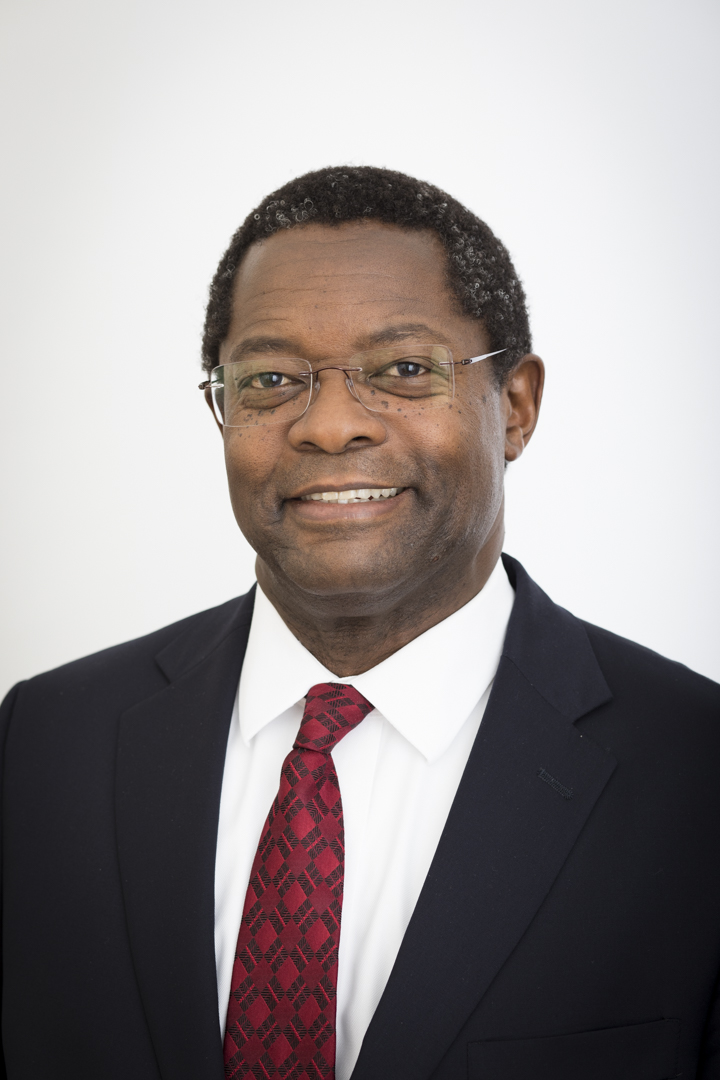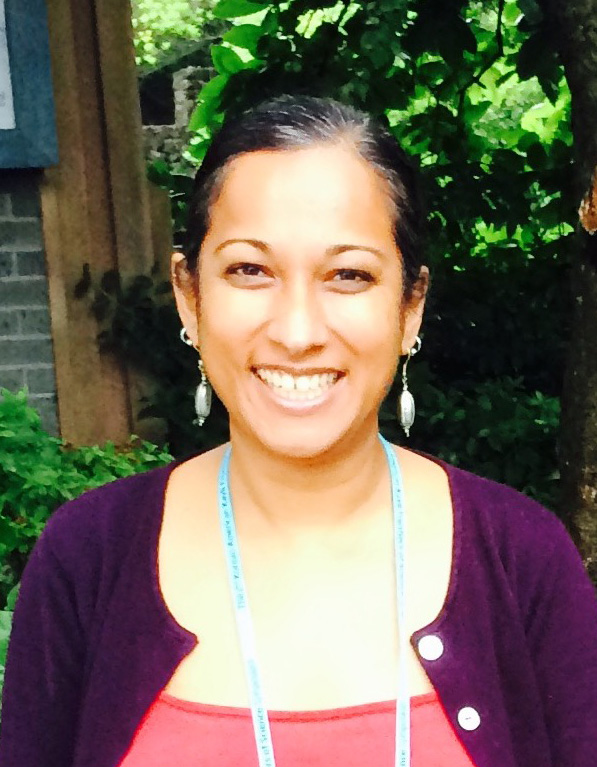Thank you for registering for the town hall discussion. To allow wide and inclusive participation, we invite members to submit questions beforehand.
Panelists
Magali Ader
Institut de Physique du Globe de Paris
Magali Ader obtained her PhD (1999) at the Institut de Physique du Globe de Paris, France. After a postdoc at Reading University, she joined the Paris Diderot University and Institut de Physique du Globe de Paris in 2001, where she was appointed professor of geochemistry in 2013. Her research interests focus mainly on understanding the significance of C, N and Cl stable isotopic signatures in sedimentary basins. This has led her to address several aspects of Earth Sciences including the evolution of carbon and nitrogen biogeochemical cycles through time, bacterial vital effects, diagenesis, fluid-rock interactions in CO2 storage sites and solute transport properties in sedimentary basins.
Asmeret Asefaw Behre
University of California, Merced
Asmeret Asefaw Berhe is a soil scientist and political ecologist. Currently, she is a Professor of Soil Biogeochemistry and Falasco Chair in Earth Sciences at the Department of Life and Environmental Sciences, University of California, Merced. Her research interest lies at the intersection of soil science, global change science, and political ecology, and seeks to improve our understanding of how the soil system regulates the earth's climate and the dynamic two-way relationship between soil and human communities. She is a is a member of the inaugural class of the US National Academies of Science, Engineering and Medicine's New Voices in Science, Engineering, and Medicine, and a recipient of the Geological Society of America's Bromery Award. She is also a co-PI for the NSF-funded ADVANCEGeo project that seeks to empower geoscientists to transform workplace climate.
Emily H. G. Cooperdock
University of Southern California
Emily H. G. Cooperdock is an Assistant Professor of Earth Sciences at the University of Southern California. Her group uses thermochronology and geochemistry to study the movement of lithosphere and fluids at tectonic plate boundaries. In 2018, she co-authored a Nature Geoscience commentary entitled "No Progress on Diversity in 40 Years" with Dr. Rachel E. Bernard, which highlights the fact that ethnic and racial diversity among Geoscience doctorate recipients has not significantly changed over the past four decades.
James W. Dottin III
University of Maryland
James Dottin is a Postdoc at UMD where he uses the sulfur isotope compositions of meteorites to study the early solar system. Born in Boston, MA, James received his B.A. from Wesleyan University, followed by a M.Sc./Ph.D. in Geology from UMD. As a member of the Inclusivity, Diversity, and Equity Awareness committee in the department of Geology at UMD, James is committed to efforts that support tearing down barriers that contribute to systemic racism and promoting an equitable climate within the department. James is optimistic that many of these efforts can be translated into the larger geoscience community with acceptance, trust, hard work, and humility.
Benjamin Keisling
Lamont-Doherty Earth Observatory, Columbia University
Benjamin Keisling is a Postdoctoral Fellow at Lamont-Doherty Earth Observatory. His research uses geochemical data coupled with numerical ice-sheet models to understand how ice sheets in Greenland and Antarctica responded to past climate changes. For the last few years he has served as a lead organizer for LGBTQ+ events at the AGU Fall Meeting. As a graduate student, he co-founded the BRiDGE program to address issues of diversity and inclusion at UMass Amherst, and he serves as a mentor to diverse undergraduate students through the STEMSEAS program. He is a member of the AGU's Diversity and Inclusion Advisory Committee.
Penny King
The Australian National University
Prof. Penny King's research group examines surface and interior processes on planetary bodies. The group aims to understand the fundamental aspects of how minerals and melts behave. Knowing how materials change under different conditions allows us to predict environments (in the past and future) and to make better tools to explore our solar system, active processes on the Earth's surface, and the effects of climate change. King is passionate about improving opportunities for career pathways for diverse groups in the workplace.
Jabrane Labidi
Institut de Physique du Globe de Paris
JL is an isotope geochemist at CNRS in Paris, on the IPGP campus. JL's research is focused on the study of volatile dynamics and origins in planetary interiors, but also in the early solar system. Jabrane was born and raised in the outskirts of Paris, in la banlieue, where he attended undergrad, earning his bachelor's in 2007. He then pursued a master's and PhD at IPGP. JL defended his PhD in 2012 and was a postdoc for a little over 5 years in Washington DC and then Los Angeles. During this difficult time, Jabrane is taking a firm stance that black lives matter, and is committed to a complete gutting and rebuilding of the systems set in place within academia.
Cin-Ty Lee
Rice University
Cin-Ty Lee is currently the chair of the department of Earth, Environmental and Planetary Sciences at Rice University in Houston, Texas (USA). He was born in Taiwan, but grew up in the United States. His research is focused on bringing together geochemistry, petrology, geology and geophysics to better understand the origin and evolution of continents, ore deposits, and long-term climate. He is an avid birdwatcher and naturalist. He spends much of his spare time introducing others to nature and trying to make science and math accessible to the general public.
Samuel Mukasa
University of Minnesota
Mukasa has served as dean of colleges of science and engineering at the University of New Hampshire and the University of Minnesota for a total of 7 years. He previously served as department chair and the Eric J. Essene Professor of Geochemistry at the University of Michigan, where he spent 21 years of his career. He has served as president of the Geochemical Society (2010-11) and in leadership positions for programs at the US National Science Foundation and US National Academies. He is a Fellow of the American Association for the Advancement of Science and the Geological Society of America.
Aradhna Tripati
UCLA
Aradhna Tripati is a UCLA faculty member. Her education and career have included training at Cambridge University, Caltech, and UC Santa Cruz, after her undergraduate education at Cal State LA. She received the Presidential Early Career Award in Science and Engineering awardee under President Obama. In 2017, developed the Center for Diverse Leadership in Science, the first of its type, which has supported 118 students and 24 faculty. She is a Fellow of the Geological Society of America, with 90 publications, 15% in high-impact journals, on geochemistry and applications to earth system science, climate change, and paleoceanography.
